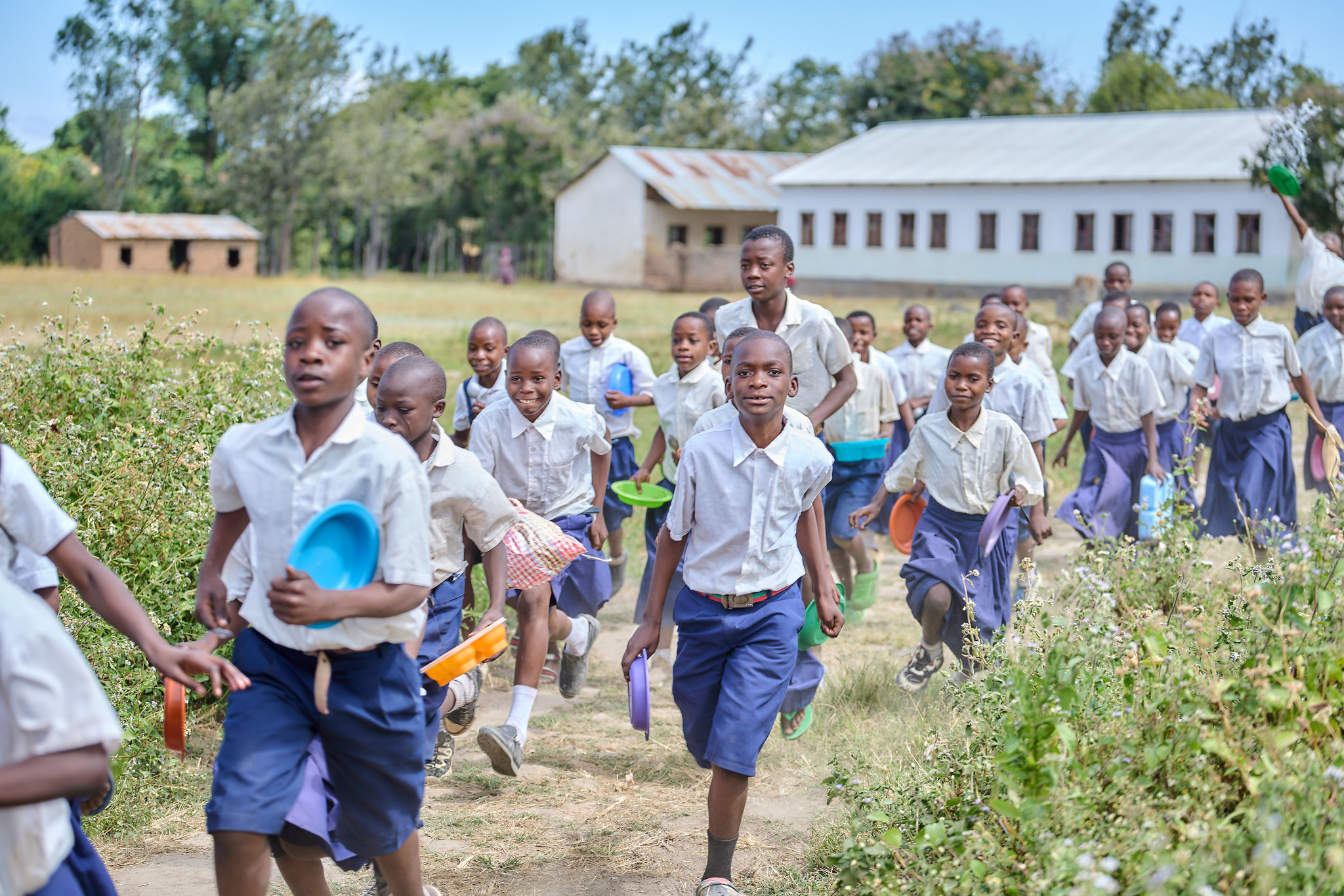From former Prime Minister Benazir Bhutto to student activist Malala Yousufzai, Pakistani women from all backgrounds and age groups have been transforming the discourse of gender roles in Pakistani society.
And they are making a difference: in the midst of a changing political, social, and economic environment, political victories for women have been few but significant, including an Anti-Sexual Harassment Act, the creation of the National Commission on Status of Women, and a bill protecting women against domestic violence.
In rural Pakistan, women have a double burden: those who make economic contributions to their household are still expected to fulfill their traditional gender roles. IFPRI’s Pakistan Strategy Support Program recently interviewed 2090 households in rural areas of the country, and found that half of rural Pakistani women are economically active, working on their household farm, as wage workers, or running their own businesses. However, despite contributing to the household income, these women still are responsible for the main household chores. In fact, survey data on how women spend their time showed that those who are economically active spend slightly more time on household chores and domestic activities than their counterparts who are not economically active.
Clearly, efforts to enhance the welfare of women are still needed. Policies that promote gender equality and empowerment of women both inside and outside of the domestic sphere are one place to start.
See recent papers produced from Pakistan survey data. Syed Hamza Haider provided research assistance for this story.







